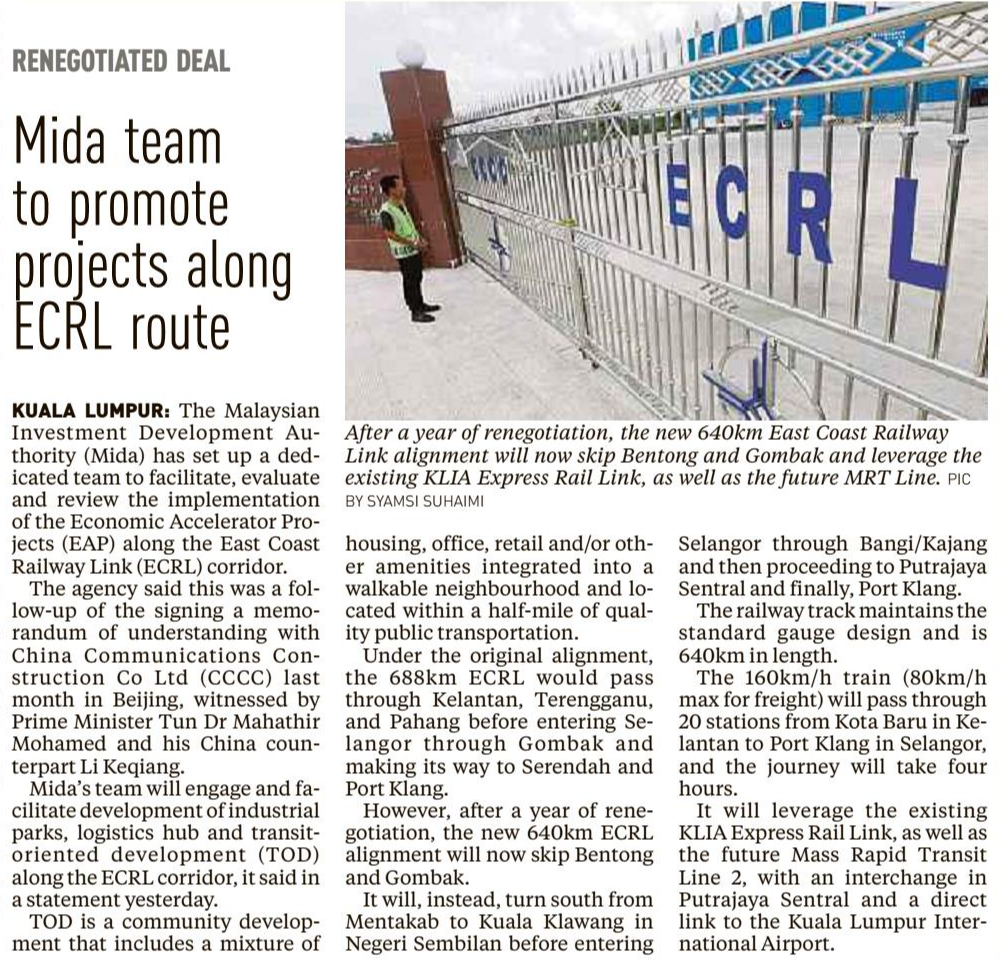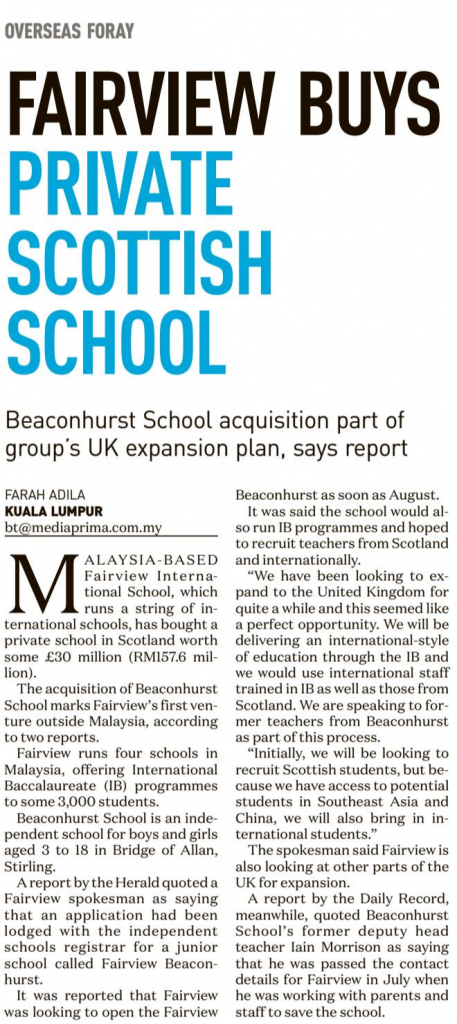Malaysian Investment Development Authority (MIDA) will continue to foster partnerships between the local academia, technical and vocational institutions as well as captains of industry on a regional basis.
This is to ensure the availability of knowledge-equipped skilled-talent in the right industries to meet the needs of the emerging Industry 4.0 landscape.
“Technological advancement calls for a matching talent pool that is both present proofs yet future-ready and this challenge is a reality globally.
“Given the fact that the quality of a country’s talent pool is also one of the key attractions for investors, it comes as no surprise that Malaysia too has set her sights on becoming one of Asia’s key players in the talent pool arena,” it said in the Malaysia Investment Performance Report 2018 released recently.
The agency said while changes in technology spell new opportunities, Malaysia must strive to reduce the talent gap, thereby compelling both industry and academia to refresh their systems, policies, processes, and strategic initiatives.
As part of its talent pipeline initiative, MIDA has launched an Apprenticeship Programme, which is a trilateral partnership between MIDA, Federation of Malaysian Manufacturers (FMM) and Ministry of Education, aimed at addressing the shortage of technical skills highlighted by FMM members.
For its pilot project, MIDA engaged a total of five member companies that assisted in placing 34 students at respective vocational colleges for the four main courses offered, namely industrial machining, electrical, welding and electronics.
“To further compliment such talent pipeline initiatives, universities and companies can do more by collaborating to develop industry-ready graduates,” it said.
Heading this agenda, MIDA played advocate on Oct 31, 2018, to the National Policy on Industry 4.0, in addressing the need for digital transformation of the manufacturing sector and its related services.
Source: Bernama
MIDA to continue foster partnership, ensuring knowledge-equipped skilled-talent
Content Type:
Duration:



 Source: Bernama
Source: Bernama






